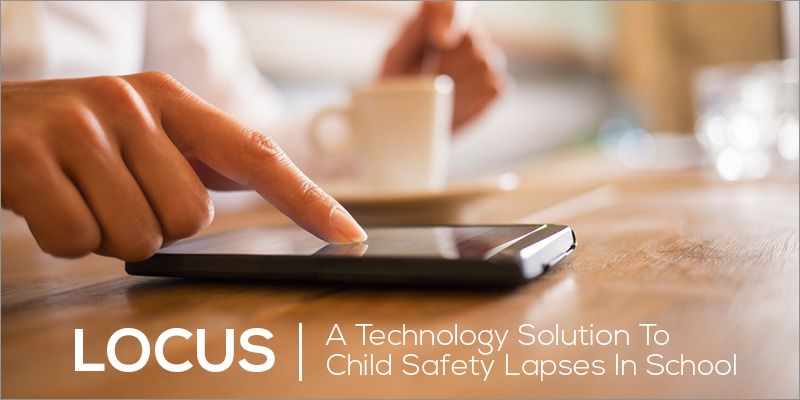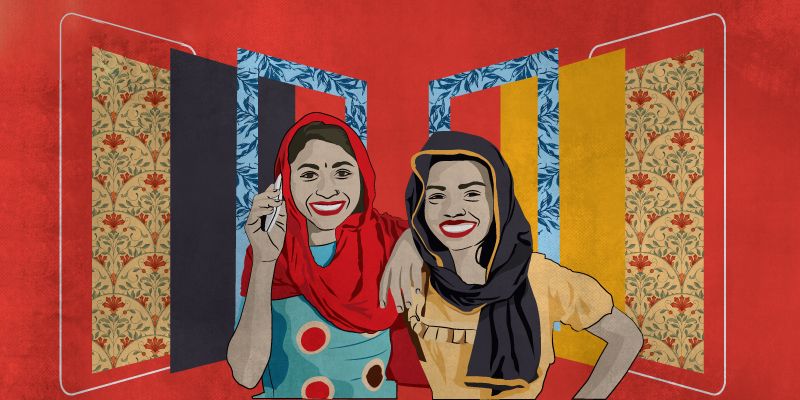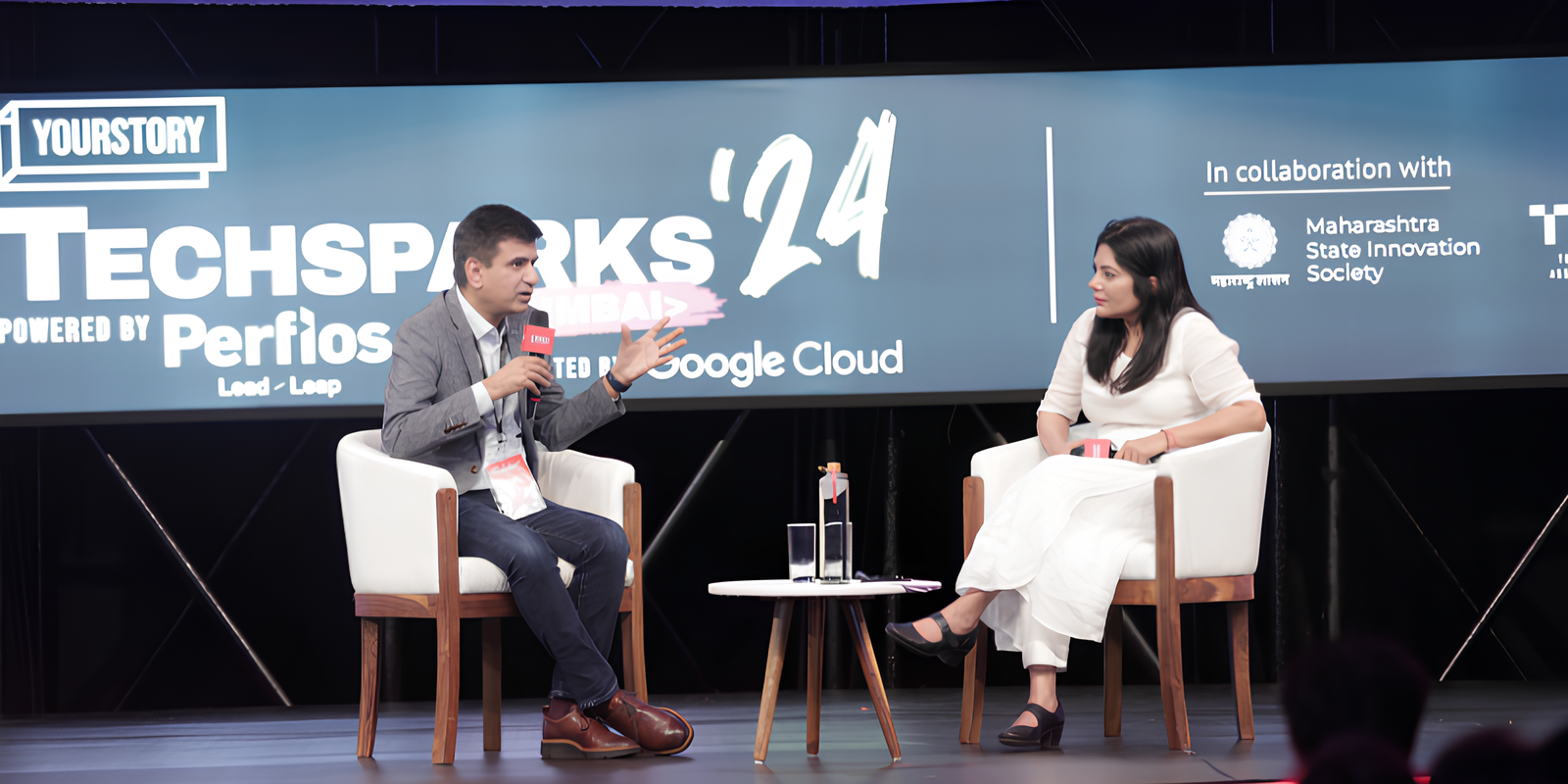How an explosion in Kabul triggered two parents to build a child safety app
Not a single day goes by without hearing of crimes against children; incidents that millions of children in India are susceptible to every day of their lives.
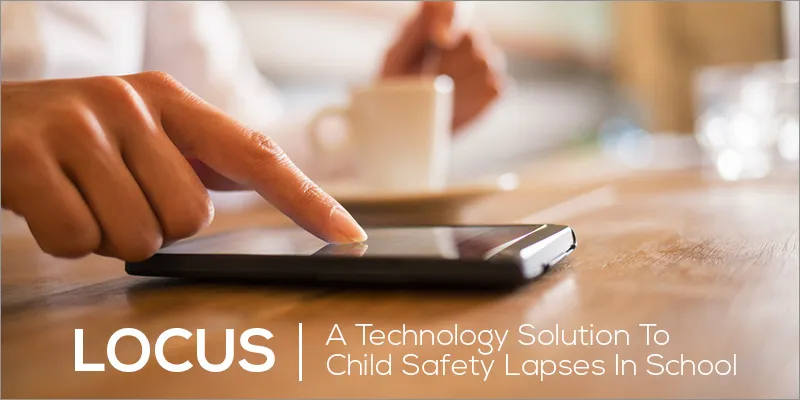
Two fathers who understand the importance of child safety, Ritesh Pandya and Vishwanath V. Balur, wanted the assurance that their kids were in a safe environment. Driven by this desire, they have created Locus: hardware combined with a mobile app, to help parents track their kids at all times.
“At most, parents train the kids on dos and don’ts, good touch bad touch, and give them a cell phone to reach out in case of emergency, but phones are usually banned at schools. The concept of using a 360-degree child safety system is what we are aiming at,” says Ritesh.
How it all started
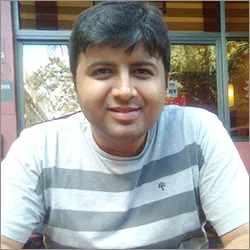
It all, however, started with a bomb explosion on May 2, 2012 at Kabul. Ritesh was in the vicinity when the explosion, the result of a Taliban attack, occurred, causing loss of several lives in the school close by, and resulting in lot of confusion and chaos amongst not only the kids, but parents and security personnel too.
This incident hit home and made Ritesh realise the need for a solution for kids to reach out to their parents at the time of emergency. Consumed by the idea, Ritesh’s hunt for a technical co-founder began. He moved back to India and took up a job in Onmobile Global. It was here that he met Vishwanath, who was the director of engineering.
Over lunch one day, Ritesh shared his idea with Vishwanath. “After much research on technology we realised that this was a doable proposition and, with Vishwanath’s technical inputs, we evolved the idea, made it more comprehensive and added value to it,” he said.
Around the same time, a child was molested on a school campus in Bengaluru, an incident that Locus may have helped avoid. This was the trigger the duo needed. They put in their papers and started Tatya Tech Pvt Ltd.
Locus
Locus is a GPS-and-GPRS-based school identity card that is easy to carry for every child. The ID will send out real-time location updates to the mobile app and the parents can track their child, round-the-clock.
Along with real-time location, the app has a safe zone and a non-safe zone during school hours and if the child moves out of the safe zone the parents get a notification on the phone. The device also sends out notifications to parents if the child’s phone is running low on charge or if it has shut down, and speed alerts if the vehicle in which the child is travelling moves faster than the set speed.
As for the children, they can press the panic button on the device initiating a call from the device to the parent’s phone and they can know what is happening around the child and take action.
Other than the safety features the app allows parents and teachers to interact with each other on other school activities, homework and any other information about their children.
Adoption by schools
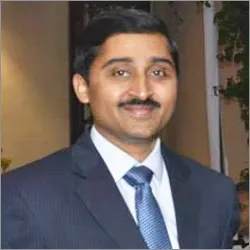
It has been a year since they started, and in the course of the past year the duo have approached around 40 schools and 700 parents in Bengaluru. They started with four schools which signed up for Locus and will be using the services from mid-August.
The response, they say, has been positive. At present, St. Francis DeSales Public School, Electronic Ctiy, Cathedral School, Richmod Road, Siksha Sagar, Sanjay Nagar and a few others have signed up to have Locus be introduced in the school.
“Our target is to take this number to 25 by the end of August 2015,” they say.
While they have been routing the device through schools, parents can opt for Locus individually for the website. Currently, they are routing the device through the schools, and in three weeks individual parents can opt for Locus from their website. The app is also commercially available on Google Play but it comes with a device (the ID card) that needs to be purchased.
Challenges
They are, at present, an eight-member team including the co-founders, five of them work on the tech side, including Vishwanath, one on UI and UX and two on the sales and marketing side, including Ritesh.
The co-founders and the team have had their fair share of challenges too. “It was exciting to see the office being built from scratch to what it is now. We have had our own ups and downs while developing the prototype design and the app,” says Ritesh.
The biggest challenge for them was to keep the team motivated during the developing stage with no revenues coming in. “The team knows we are boot strapped and talking to them regularly was the key. We firmly believe in the team’s skills and talking to the team and keeping it motivated helped us a lot and increased the team’s confidence too,” says Ritesh.
Ritesh and Vishwanath are looking for the right investor who can bring in more than just the money. They are working on two more apps, which they will announce shortly.






